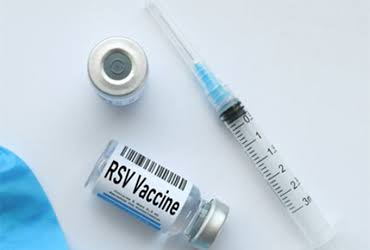The World Health Organization (WHO) has approved two new immunisation tools aimed at protecting infants from Respiratory Syncytial Virus (RSV), a major cause of respiratory illness in children worldwide.
Announced on Friday, the new tools include a maternal vaccine given to pregnant women during their third trimester and a long-acting antibody injection for infants. The antibody injection begins protecting babies within a week and offers protection for at least five months.
RSV is the leading cause of acute lower respiratory infections among young children globally, accounting for approximately 100,000 deaths and 3.6 million hospitalisations annually in children under five. Infants younger than six months are particularly vulnerable.
Tragically, 97 per cent of RSV-related deaths occur in low- and middle-income countries, WHO said.
“Although RSV can infect all age groups, it is especially dangerous for infants, particularly those born prematurely,” said Dr. Kate O’Brien, WHO Director of Immunisation. She noted that about half of RSV-related deaths happen in babies younger than six months.
Given the significant global burden, WHO is urging countries to incorporate either the maternal vaccine or the antibody injection into their national immunisation schedules.
“These RSV immunisation products have the potential to transform child health, reducing hospital admissions and saving many lives,” O’Brien added.


